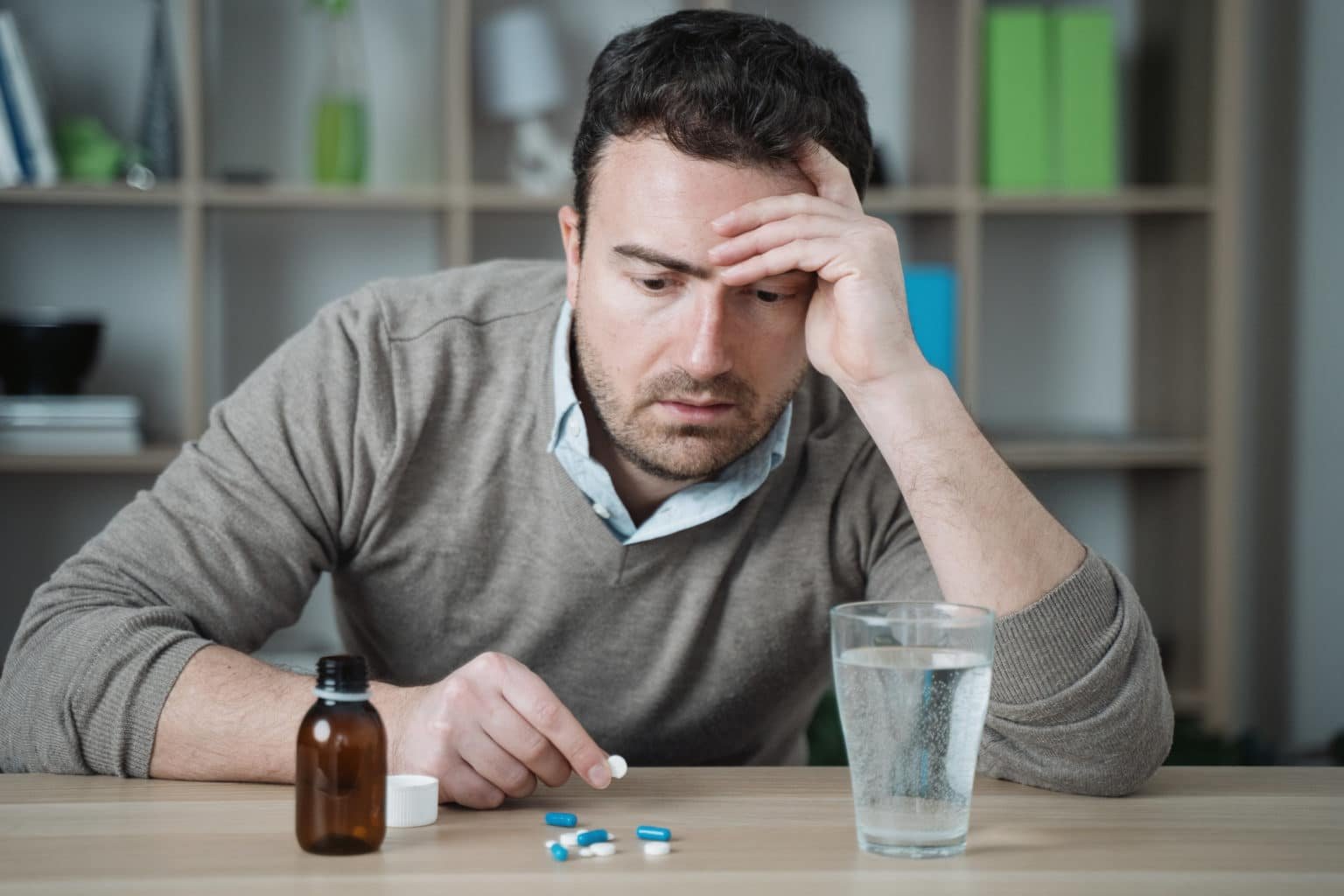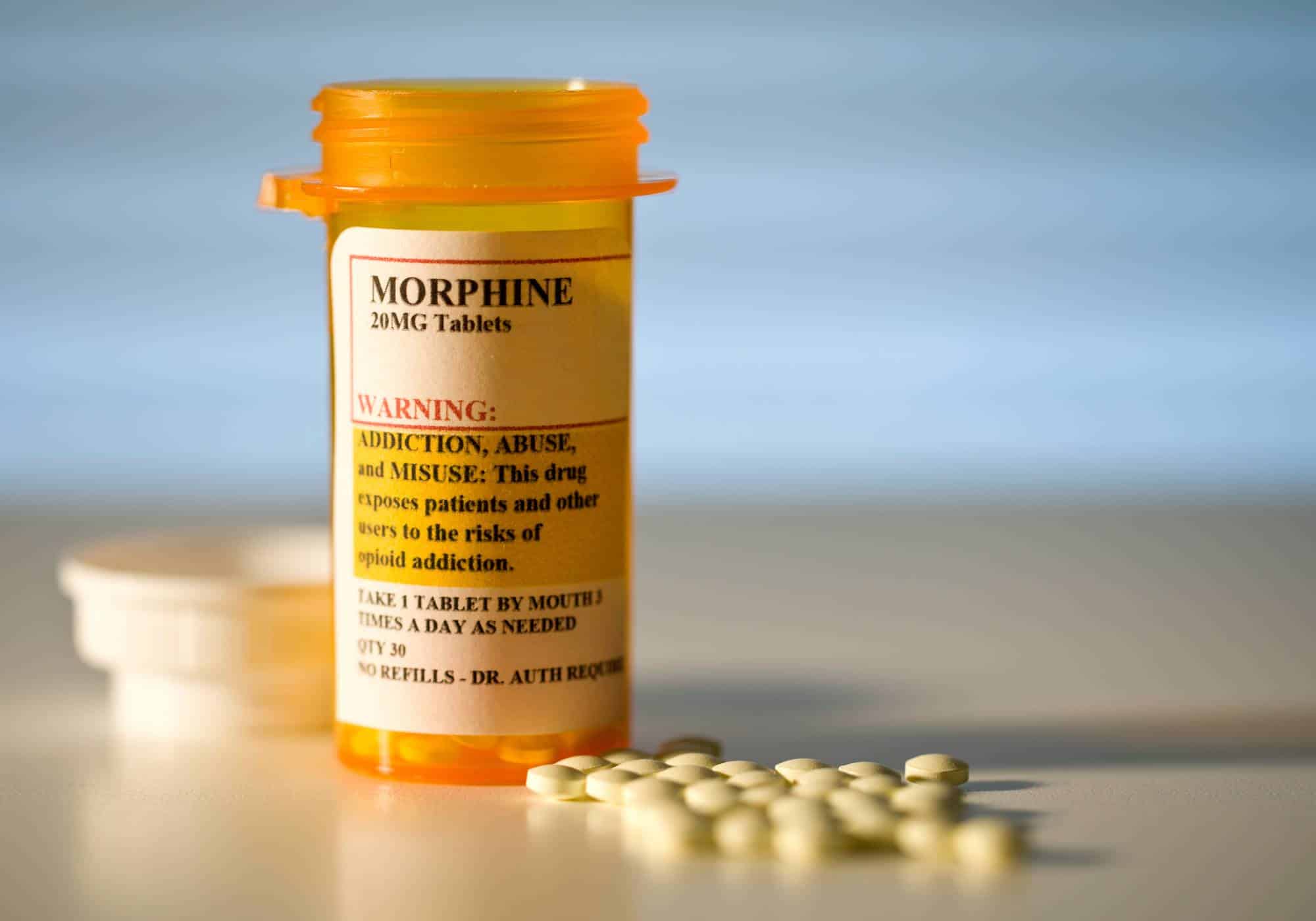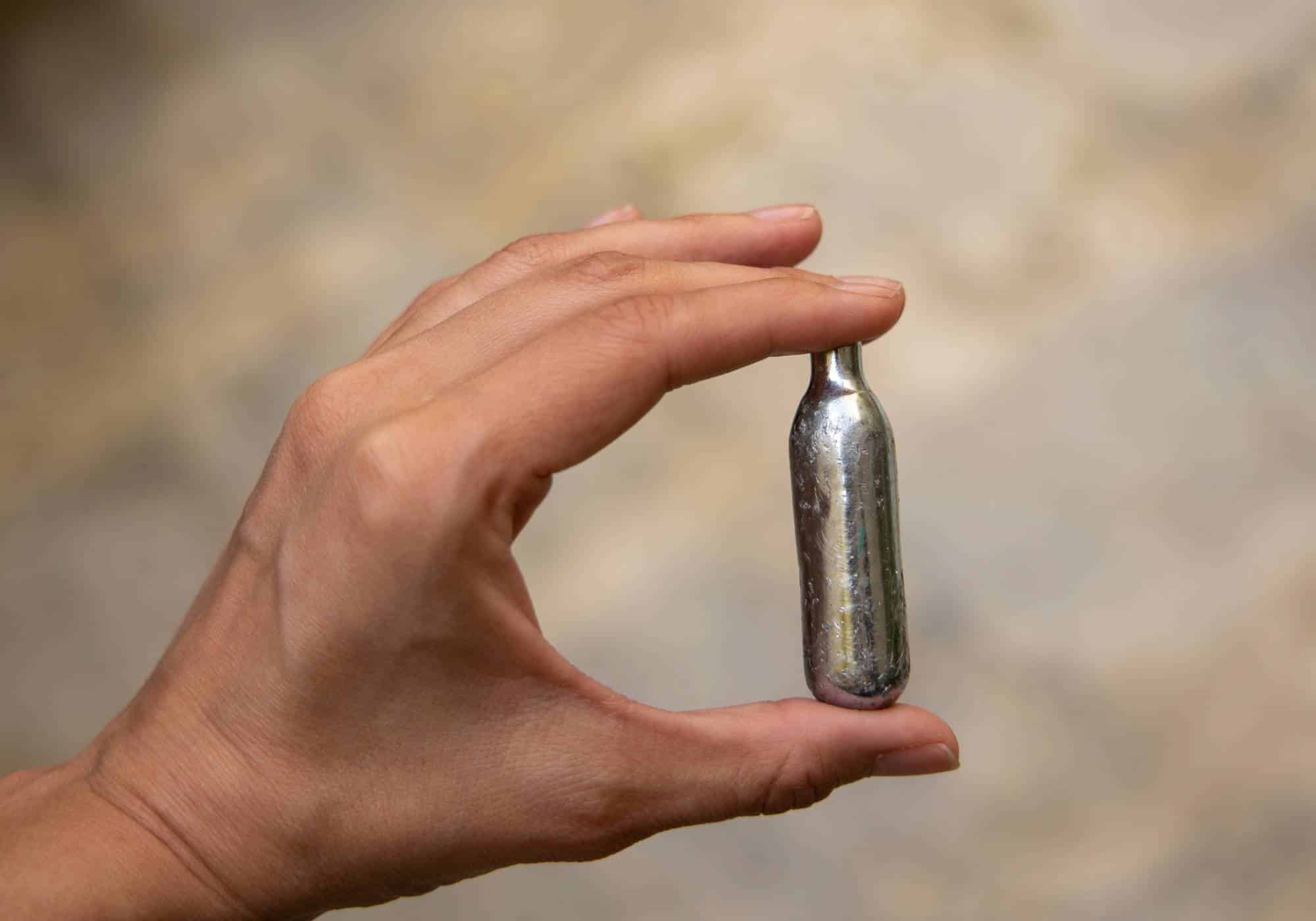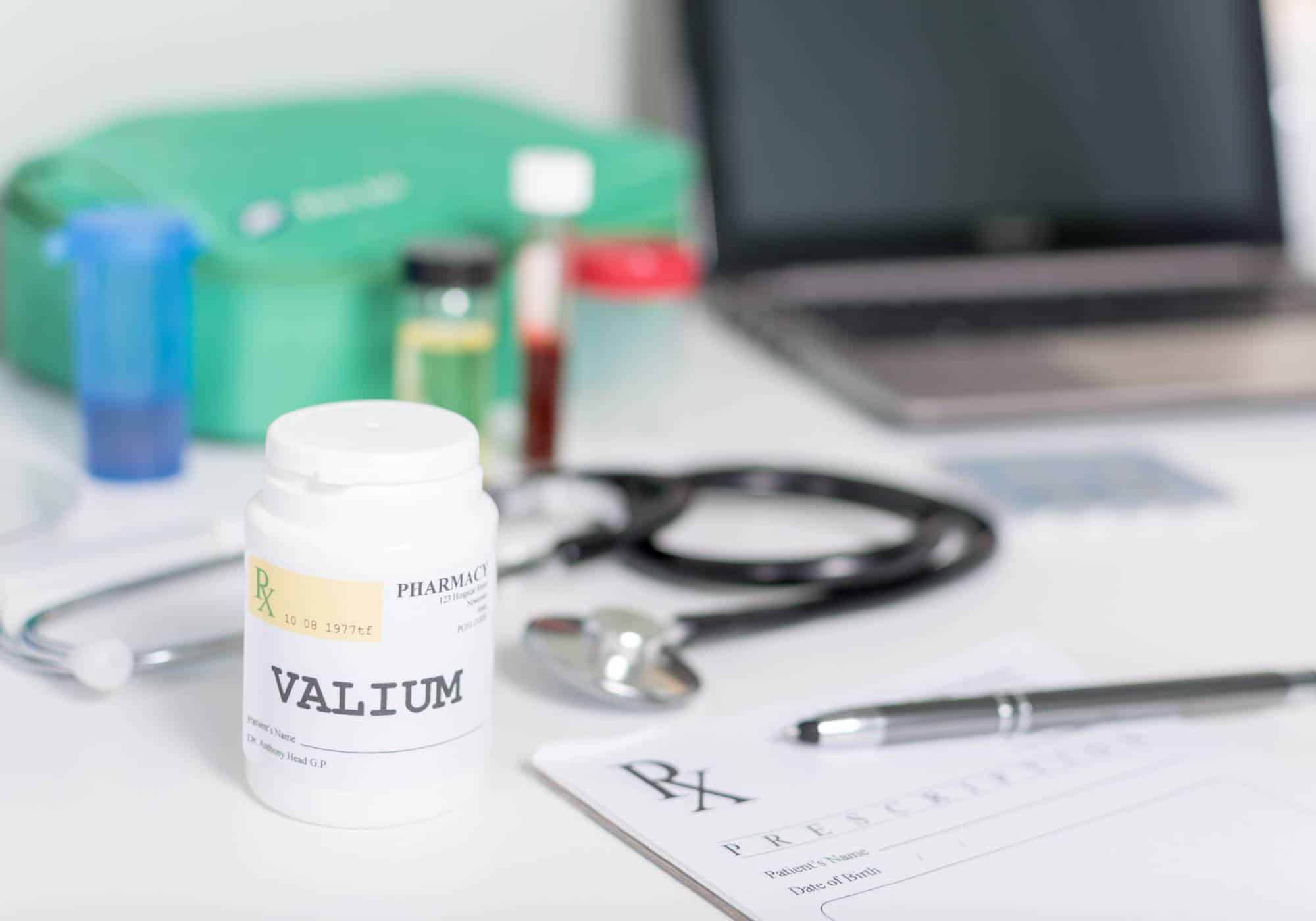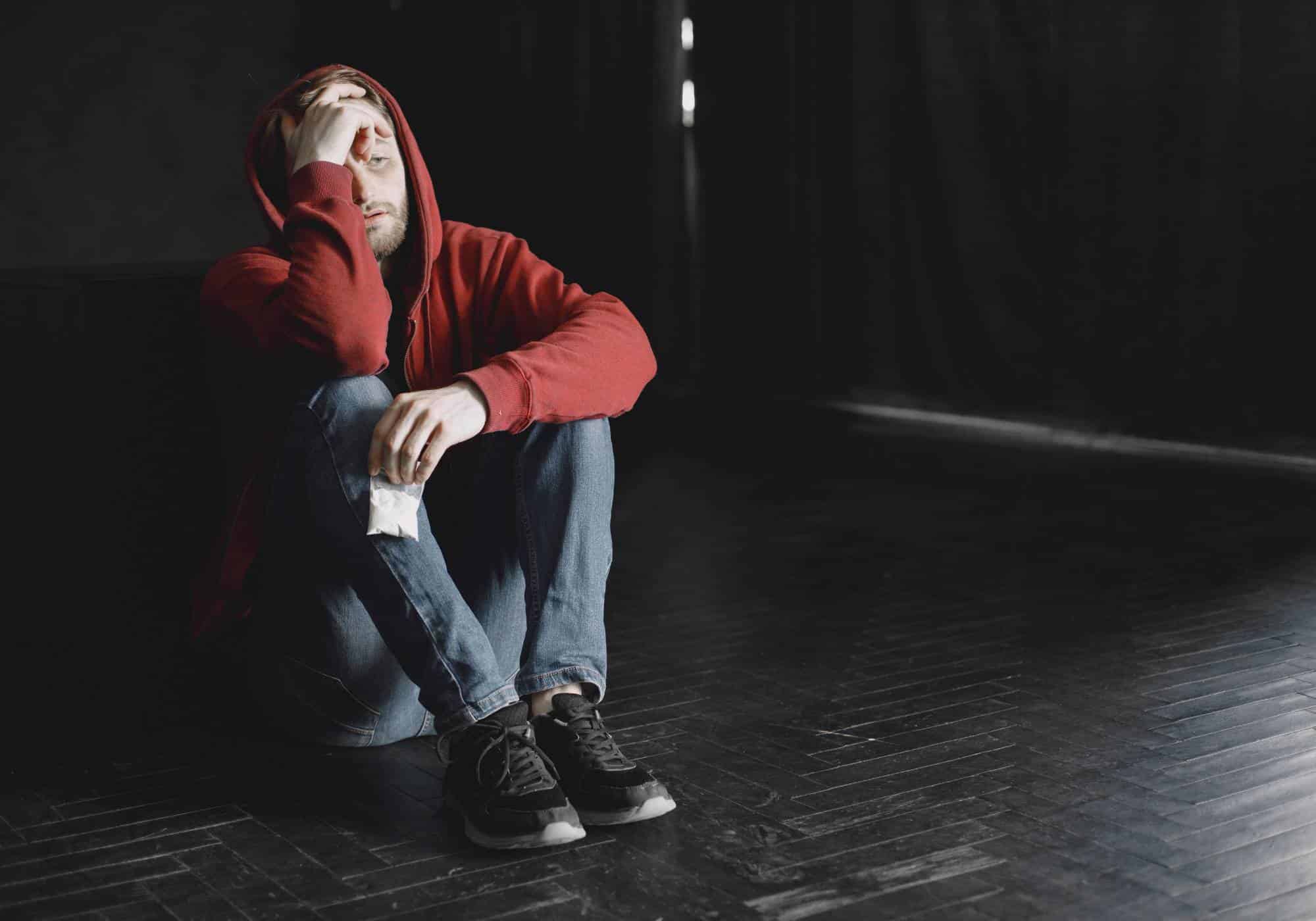Benzodiazepines are prescription medications that you can use as a relaxant, sedative-hypnotic, and tranquilizer to treat insomnia and anxiety. You can also use it to treat seizures, alcohol withdrawal, sleep disorders, and panic attacks. Usually, you may not consume them in your regular life, and since only doctors prescribe them, you may not be aware of them and not understand the risks associated with them. You should know that benzodiazepine use can result in physical dependence, tolerance, addiction, and risk of overdose, and only a reliable addiction treatment center in Georgia can help you overcome it.
Below, we have listed the five signs your loved one is abusing benzodiazepines!
What are the psychological side effects of benzodiazepine abuse?
Overconsumption of benzos may result in your loved one forgetting little details or specific tasks they were supposed to do. They may experience:
- Mental confusion
- Major behavioral changes, like lack of interest or extreme drowsiness
- Unwillingness to participate in activities that demand extra attention
- Sudden feelings of annoyance
- Manic-type moods
Additionally, benzos slow down certain parts of the brain, so their high dosage can lead to your loved one becoming more lethargic and apathetic. Some long term effects include:
- Confusion
- Muscle weakness
- Disorientation
- Impaired thinking, judgment, and memory
What are the physical side effects of benzodiazepine addiction?
These are the most visible signs of benzodiazepine abuse, as they show up only when someone is taking up more than the recommended dose. Possible physical signs/side effects include:
- Slurred speech
- Headache
- Extreme drowsiness
- Loss of appetite
- Respiratory depression
- Altered vision
- Dizziness
- Vertigo
- Tremors
- Constipation
- Feeling lightened
What is doctor shopping?
If your loved one abuses benzodiazepines, they will eventually run out of their prescription. They may begin ‘doctor shopping’- simultaneously seeking prescriptions from multiple physicians to get a large number of drugs. It is true for people with a high dependence on benzodiazepines. However, it results in overdose and addiction; therefore, you should identify this behavior at the earliest. So, you should look out for your loved one if they are attending multiple doctor appointments, making frequent trips to the pharmacy, or spending a bit more on the medication.
What are benzodiazepine withdrawal symptoms?
Once your loved one gets addicted to benzodiazepines, they will not be able to stop themselves from consuming the medication. If they do so, they will exhibit withdrawal symptoms. You should consult Atlanta addiction treatment professionals to ease out these symptoms. Benzodiazepines withdrawal symptoms include:
- Suicidal thoughts
- Hallucinations
- Seizures
- Loss of consciousness
- Muscle pain and cramps
We advise you to enroll your loved one in a Georgia recovery center to prevent consuming benzodiazepines without experiencing any withdrawal symptoms.
Risking everything to continue abusing benzodiazepines:
Your loved one with a high-level dependence on benzodiazepines may develop an obsession with the drug and go to any extent to take it. They might always think about their next ‘dose’ and even buy it on the dark web. If they keep secrets, hide things, and are ready to risk their health and relationships, they are most likely abusing benzodiazepines.
About Hope Harbor Wellness/Atlanta IOP
You must lookout for the signs mentioned above indicating your loved one is abusing benzodiazepines. At Hope Harbor Wellness, we offer the best addiction treatment in Georgia and help our clients experience life without substance use disorders. Our clients choose us for our proven treatment methods and high-quality, compassionate care. We offer an intensive outpatient program, a partial hospitalization program, and outpatient programs to fit the needs of different patients. Contact us at (770) 573-9546, email [email protected], or fill out our contact form.


